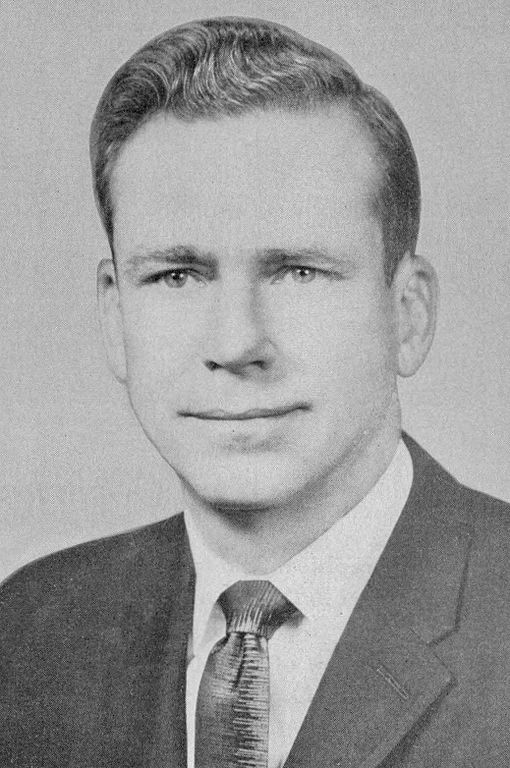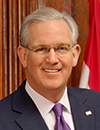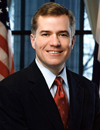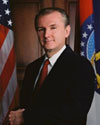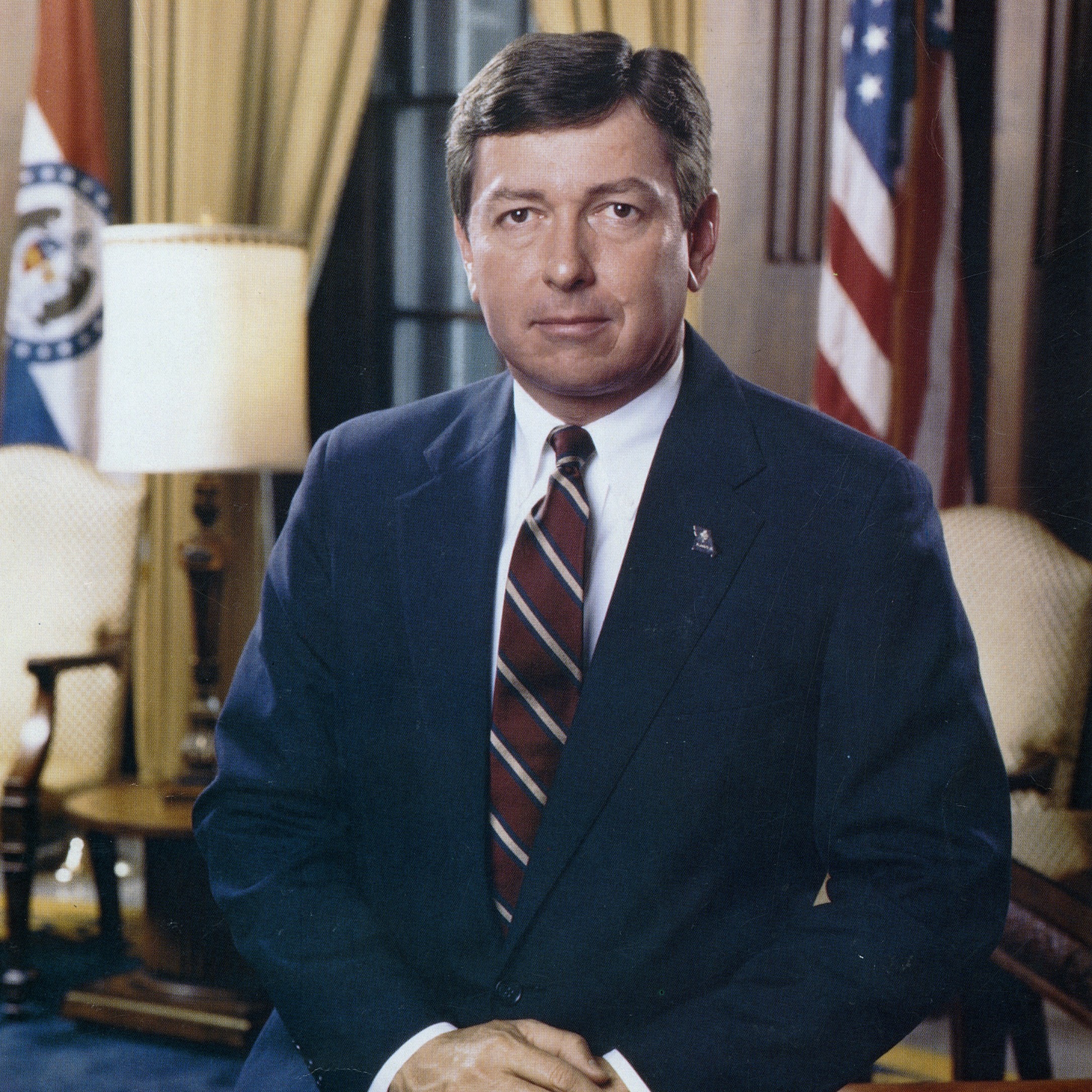Missouri
Gov. Warren E. Hearnes
- January 11, 1965 - January 8, 1973
- Democratic
- July 24, 1923
- Illinois
- United States Military Academy, University of Missouri
- Married Betty Sue Cooper; three children
- NGA Chair
- Army
About
WARREN E. HEARNES was born in Charleston, Missouri, on July 24, 1923. He attended the U.S. Military Academy and the University of Missouri. From the latter, he earned a LL.B. in 1952. Hearnes served with the U.S. Army during World War II, and retired as first lieutenant in 1949. In 1950, he was elected to the Missouri House of Representatives from Mississippi County, an office he retained until his election as secretary of state in 1960. He served as secretary until 1965. He was elected Governor of Missouri in 1964 and reelected in 1968. During his tenure, he chaired the Midwestern Governors’ Conference from 1969 to 1970 and the National Governors’ Conference from 1970 to 1971. During his time in office, the legislature adopted a constitutional amendment allowing governors to serve two consecutive four-year terms. After his term ended, he made unsuccessful bids for a U.S. Senate seat and the state auditor position. He served as circuit judge in 1980, making him the only person to serve in all three branches of state government. He spent 16 years working as the executive director of the Southeast Missouri Legal Services, which assists people with low incomes.
Source
Governors of the American States, Commonwealths and Territories, National Governors’ Conference, 1977.
Missouri State Archives (Jefferson City, MO)
Official Manual of the State of Missouri (2005-2006)
Previous editions are not available online, but are in hard copy in the State Archives.

